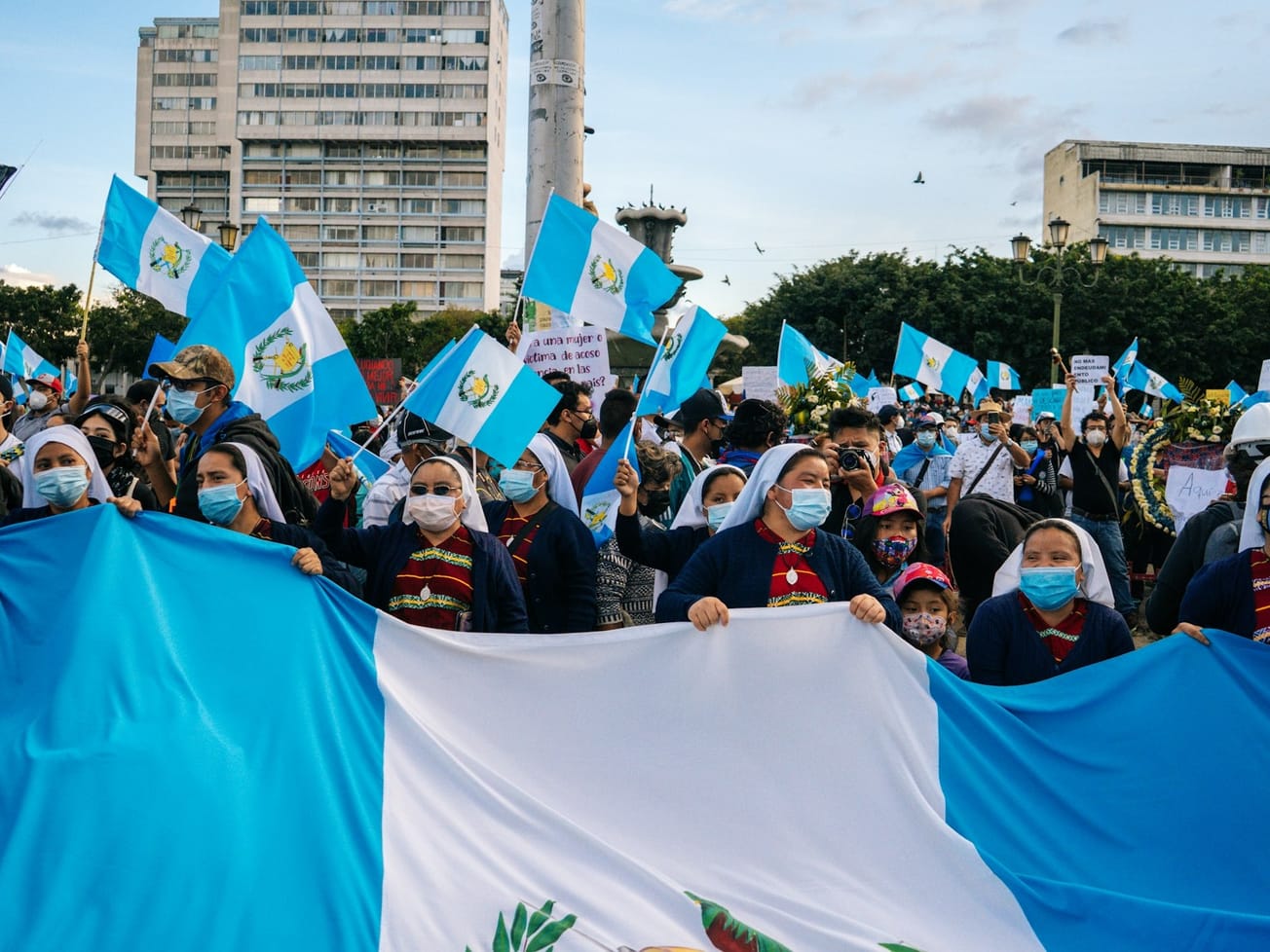GENEVA (AN) — The world's top forum for human rights heard evidence of threats and retaliation against organizations and people in 42 countries across all regions – including a quarter of its own members.
An annual report from the U.N. secretary-general's office documented recent threats and retaliation faced by 25 organizations and more than 220 people due to their cooperation with the world body.









